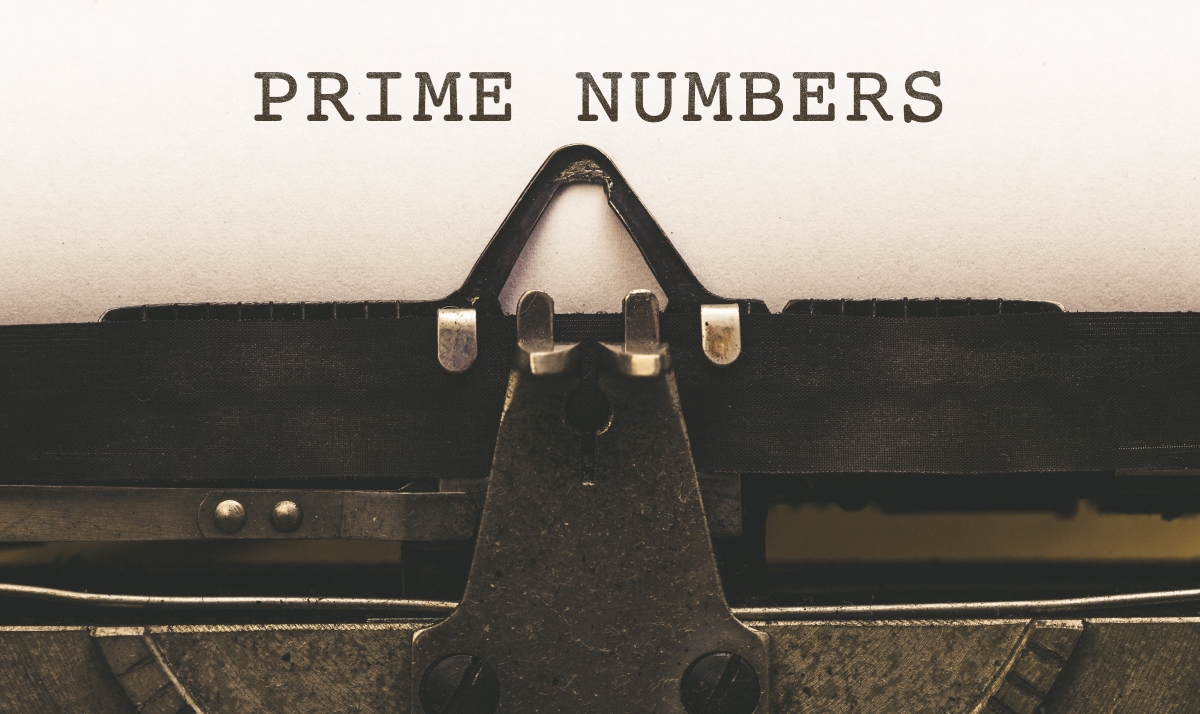Why it matters: Why search for large primes? Important cryptography algorithms have been based on prime numbers and according to GIMPS, they're also fun to hunt and collect. Plus, there's a financial reward attached if you're lucky enough to stumble upon one.
A 35-year-old IT professional from Florida has discovered the largest known prime number. Dubbed M82589933, the number was calculated by multiplying together 82,589,933 twos, and then subtracting one.
The Mersenne prime, named after French monk Marin Mersenne who studied the numbers more than 350 years ago, has 24,862,048 digits. That's more than 1.5 million digits longer than the previous record-holder discovered by Jonathan Pace in January 2018.
Patrick Laroche discovered the new prime number over the course of 12 days of non-stop processing on a machine powered by an Intel Core i5-4590T CPU in December. It was later verified using three other hardware configurations across CUDALucas, Mlucas and Prime95.
Laroche's discovery, only the 51st Mersenne prime ever discovered, has earned him a reward of $3,000 from the Great Internet Mersenne Prime Search (GIMPS), a group of volunteers that search for Mersenne prime numbers.
GIMPS has been responsible for discovering the last 17 Mersenne primes dating back to 1996. More are likely out there but as each successive Mersenne prime is discovered, it becomes more difficult to discover the next one.
Image courtesy MichaelJayBerlin via Shutterstock
